Discover the 7 Best Chinese Herbs For a Longer Life
These Chinese herbs could be the secret to living a longer life.
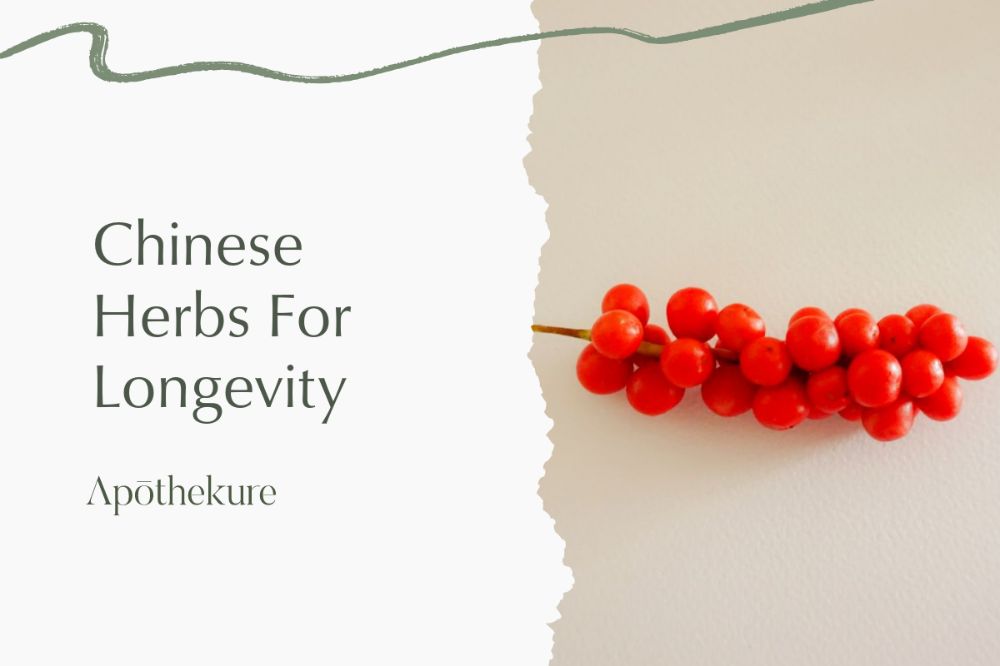
If you're looking for natural remedies to extend your life, a few Chinese herbs could be the answer. These plants have been used for centuries to promote health and longevity, and they still hold some surprises for modern users. Here are seven surprising Chinese herbs that may be able to help you live a longer life:
Ginseng
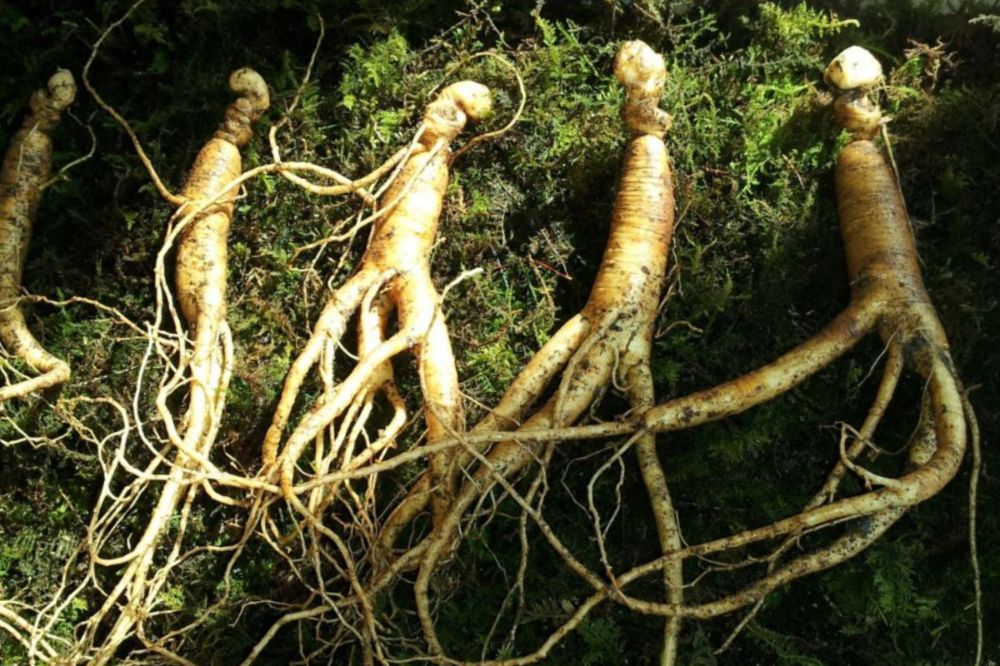
Ginseng is a well-known traditional Chinese herb that has been traditionally used for increased energy, mental clarity, and vitality. As an adaptogen, ginseng can also help the body react to stress and keep it in balance. The roots are used in traditional medicine, while the leaves and stem are considered to be the most efficacious part of the plant. Studies have shown that ginseng can help improve overall cognitive function, memory recall, and reaction time.
Astragalus (Huang Qi)
Huang Qi, also known as astragalus, is a powerful Chinese plant that is used to protect the body against various illnesses and conditions. Huang Qi is thought to have anti-inflammatory properties, stimulate the immune system, and improve circulation. It has also been traditionally used in Traditional Chinese Medicine to treat hypertension, arthritis, and other conditions. The dried roots of astragalus can be used to perk up any broth.
Reishi Mushroom (Lingzhi)
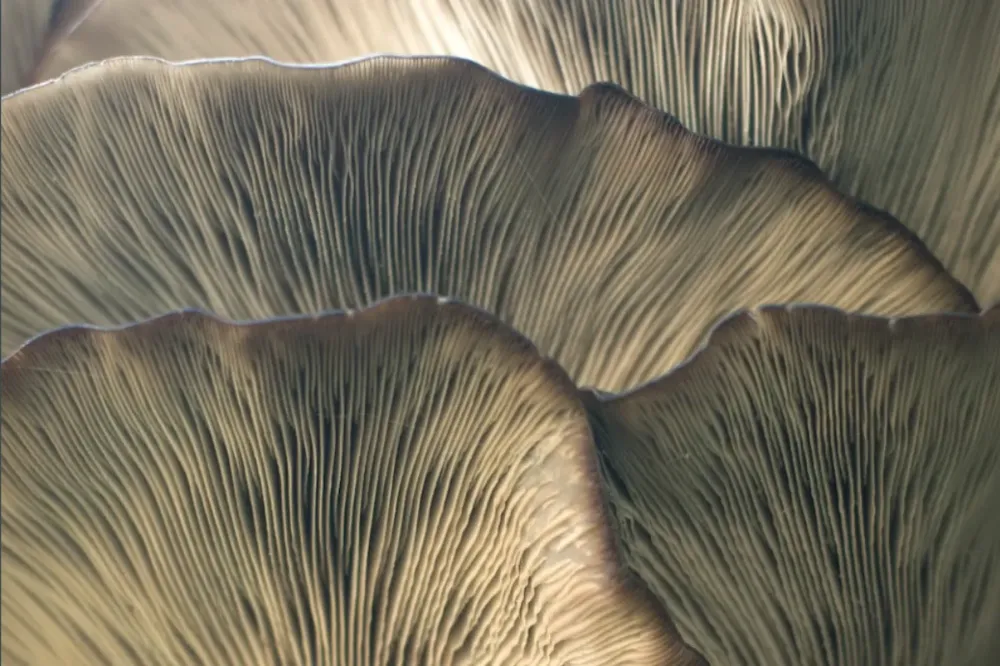
Lingzhi has a long history of use in China, Japan, and other Asian countries. Iti has been used traditionally to improve circulation, strengthen the immune system, and treat asthma. Lingzhi is also used as an adaptogen and tonic. Reishi is a member of the Polyporaceae family that grows in areas with moist, cool, and temperate climates. The mushroom has been used to treat cancer, menopause, diabetes, liver disease, arthritis, and other conditions.
Goji berry (Gou Qi Zi)
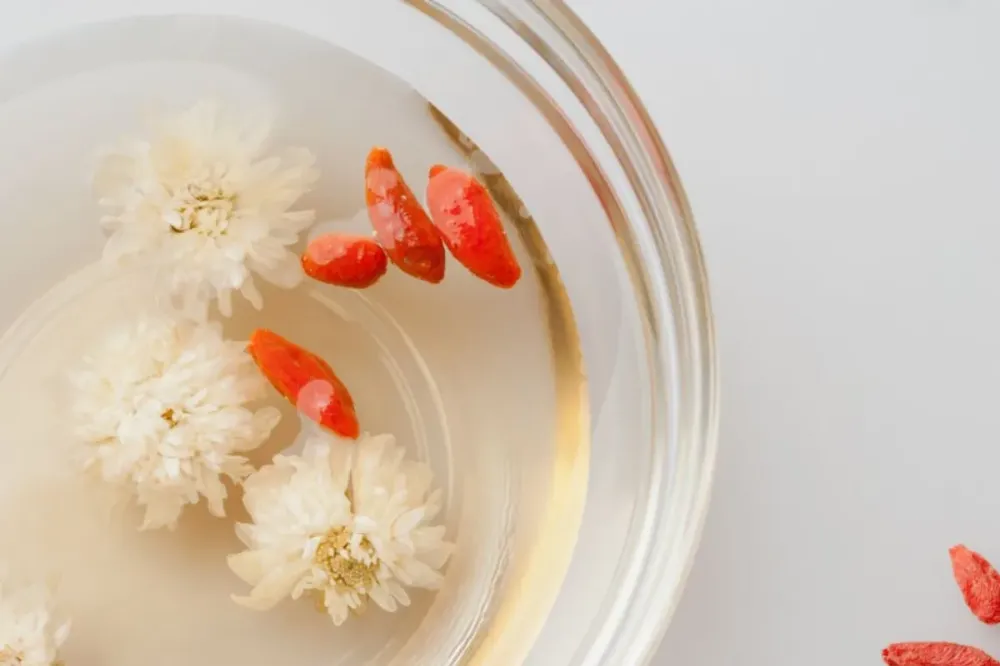
Goji berries are a dense, antioxidant-rich fruit that is native to the northwest regions of China. The berry is revered in traditional Chinese medicine (TCM) for its myriad of health benefits, including reducing inflammation and promoting cognitive function. Goji berries are also popular in supplements, providing essential vitamins, minerals, and antioxidants. These powerful antioxidants found in the berry can reduce free radicals that can create stress and inflammation, which is associated with increased lifespan.
Schisandra berries (Wu Wei Zi)
Schisandra (Schisandra chinensis) is a plant with deep red berries that are used in Traditional Chinese Medicine (TCM). The berries have been used to treat a variety of conditions, including anxiety, stress, depression, and liver problems. Schisandra has also been used as a food supplement to improve cognitive function and energy levels.
Hawthorn Berry (Shan Zha)
.png)
The hawthorn berry has been found to contain high levels of antioxidants, which could help reduce the risk of various diseases including those involving the heart. Researchers believe that hawthorn may work by activating natural defenses against inflammation and oxidation, two common factors that contribute to heart disease. The berries have also been shown to lower cholesterol levels and blood pressure, and they may even reduce the risk of developing diabetes.
Fo-ti (He Shou Wu)
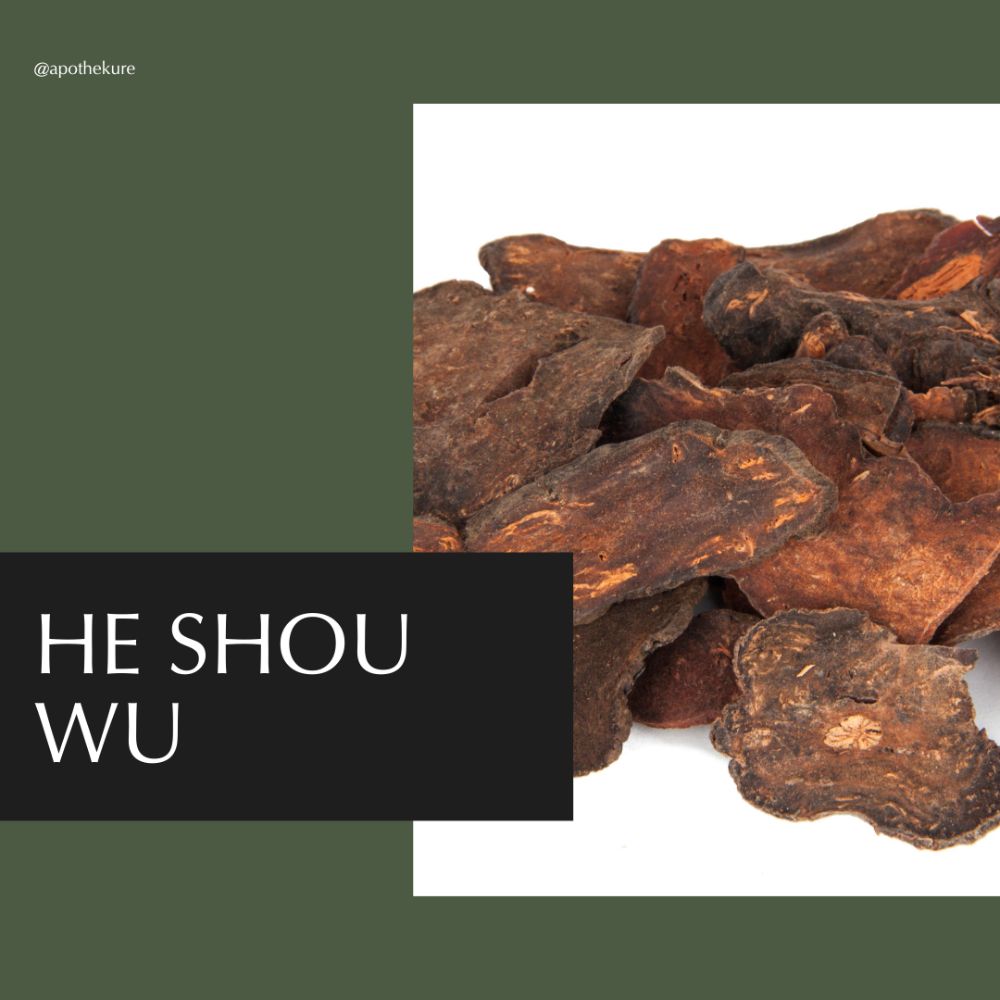
The popularity of He shou wu as a health tonic is based on the long history of its use in Traditional Chinese Medicine (TCM). Traditionally, He shou wu has been used to improve overall health and well-being. It is considered a premier tonic for restoring balance in the body and promoting overall vitality.
He Shou Wu or Fo-ti contains high levels of rhamnose and arabinose. These two sugar molecules work together to stimulate the body's production of antibodies and T cells. In addition, he shou wu also contains xylose and glucose, which are both important for energy production and cell growth. Taken as a whole, these compounds work together to improve the overall health of the immune system.
Conclusion
Chinese herbs have been used for centuries to boost lifespan. Ginseng, Astragalus, and Reishi mushrooms are among the herbs that can help. However, extending life also involves adopting a healthy lifestyle. There are many ways to improve your health, and it is important to find the right approach for you. By making small changes in your diet and exercise habits, you can live a longer and healthier life.
What is one more herb with major health benefits? Check out Butterfly Pea Flower and how this superfood could give your skin the extra glow it deserves.
Frequently asked questions about Chinese Herbs
Do Chinese herbs have side effects?
Chinese herbs have been used for centuries to treat a wide range of diseases. However, since herbs come from plants, they can sometimes cause side effects. Before taking Chinese herbs, consult with a licensed medical practitioner.
Can you take Chinese herbs long-term?
Taking Chinese herbs long-term can be safe if, like all other herbs, they are not taken in excessive amounts. You should also be wary of any interactions with certain medications or certain health conditions. It is always best to talk to your doctor before taking a supplement, even if it is a simple Chinese herb.
How do you take Chinese herbs?
This can vary. You can take them in pill form, or boiled in water - then taken as a tea. The most common way is to boil the herbs in hot water then drink the decoction. Most herbs have a strong taste and you can drink the decoction directly or mix it with honey to make it more palatable. You can also mix some of the herbs with hot water and drink the water like tea. When you drink herbs, you should drink the water it is decocted in.
What is the difference between Chinese and western medicine?
In Western medicine, a doctor will prescribe a certain drug and its dosage. But in Chinese medicine, the whole body is evaluated as a whole and each individual may react differently to herbs. Herbs are best when used earlier to prevent diseases from occurring.
Western medicine is like taking an aspirin for a headache. Chinese medicine is like figuring out WHY you have a headache and getting to the root of the problem to make sure it never happens again.
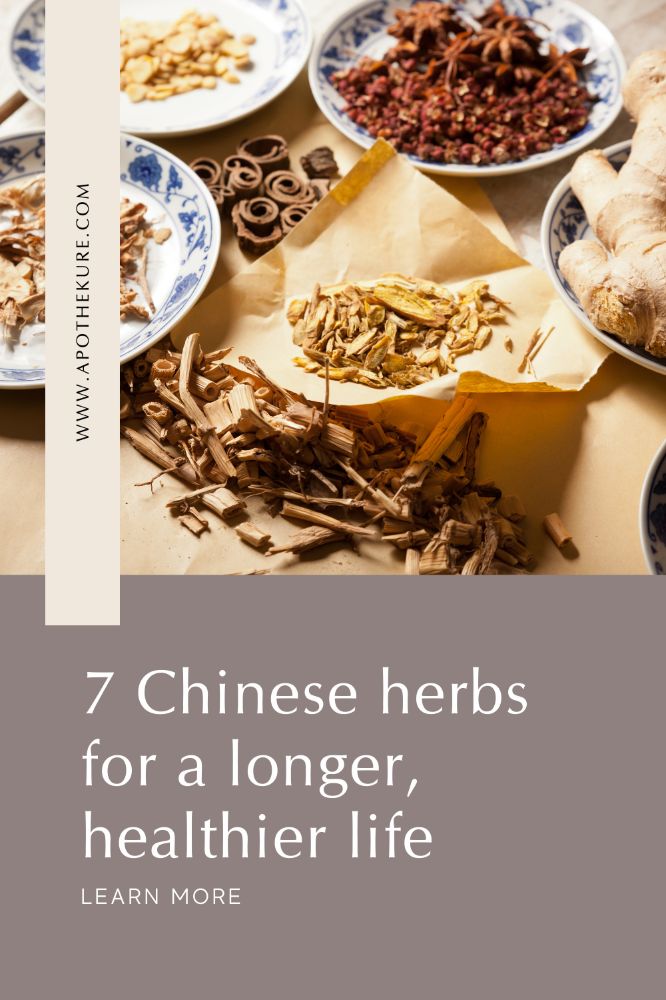
References:
Adaptogens on the Central Nervous System and the Molecular Mechanisms Associated with Their Stress—Protective Activity.” Pharmaceuticals, vol. 3, no. 1, Jan. 2010, doi:10.3390/ph3010188.
Reay, Jonathon L., et al. “Panax Ginseng (G115) Improves Aspects of Working Memory Performance and Subjective Ratings of Calmness in Healthy Young Adults - PubMed.” Human Psychopharmacology, vol. 25, no. 6, Aug. 2010, doi:10.1002/hup.1138.
The Effect of Anthraquinone Glycoside from Polygonum Multiflorum Thunb on Cellular Immunological Function in Mice--《Pharmacology and Clinics of Chinese Materia Medica》2006年06期. http://en.cnki.com.cn/Article_en/CJFDTOTAL-ZYYL200606014.htm. Accessed 28 Mar. 2022.
Wu, Min, et al. “Roles and Mechanisms of Hawthorn and Its Extracts on Atherosclerosis: A Review.” Frontiers in Pharmacology, vol. 11, Jan. 2020, doi:10.3389/fphar.2020.00118.
Xu, Hong, et al. “A Study of the Comparative Effects of Hawthorn Fruit Compound and Simvastatin on Lowering Blood Lipid Levels - PubMed.” The American Journal of Chinese Medicine, vol. 37, no. 5, Jan. 2009, doi:10.1142/S0192415X09007302.
Yang, Di, et al. “Lycium Barbarum Extracts Protect the Brain from Blood-Brain Barrier Disruption and Cerebral Edema in Experimental Stroke.” PLoS ONE, vol. 7, no. 3, Jan. 2012, doi:10.1371/journal.pone.0033596.
Get your daily dose of wellness delivered straight to your inbox. Sign up now for our newsletter.
Disclaimer:
These statements have not been evaluated by the Food and Drug Administration. This product is not intended to diagnose, treat, cure, or prevent any disease.
The content is purely informative and educational and should not be construed as medical advice. Any opinion expressed should not be treated as a substitute for professional medical advice. By using this website, you accept our Terms & Conditions and Privacy Policy. We cannot guarantee the accuracy of the information presented at this site. This article is not intended to be used as a substitute for the diagnosis and treatment of any health problem or to prescribe any medication or other treatment. You should consult with your health care provider before starting any diet, exercise, or supplementation program, before taking any medication, or if you have or suspect you might have a health problem.